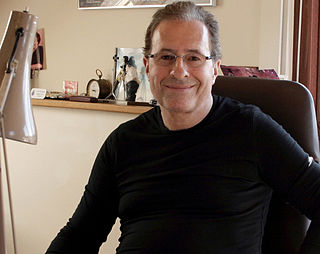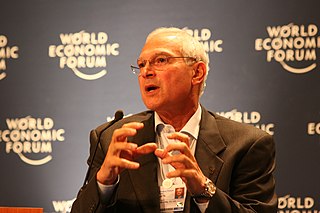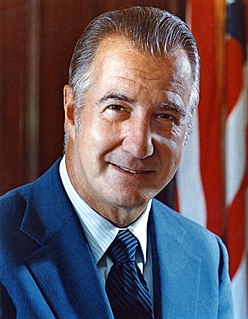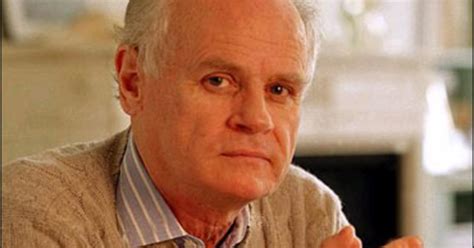Top 768 Universities Quotes & Sayings - Page 9
Explore popular Universities quotes.
Last updated on November 14, 2024.
The institutions of college athletics exist primarily as unreality fueled by deceit. The unreality is that universities should be in the business of providing large spectacles of mass entertainment. The fundamental absurdity of that notion requires the promulgation of the various deceits necessary to carry it out.
For me, education has never been simply a policy issue - it's personal. Neither of my parents and hardly anyone in the neighborhood where I grew up went to college. But thanks to a lot of hard work and plenty of financial aid, I had the opportunity to attend some of the finest universities in this country.
It is difficult for Iranian scholars and universities to retain their independence and to be seen as doing so, when cultural warfare is being carried out by some of their American partners. Indeed, such irresponsible behavior basically serves to intensify suspicion and in reality decreases the opportunity for real and meaningful dialogue.
The era of appeasement must come to an end. The political and social demands that dissidents are making of the universities do not flow from sound basic educational criteria, but from strategic considerations on how to radicalize the student body, polarize the campus and extend the privileged enclaves of student power.
There are hundreds and thousands of young Americans who cannot or will not receive an education, because in order to get an education, you have to spend money. Students come out of college and universities with unbelievable debt. It's not right, it's not fair, and it's not just, in a society such as ours. And those dollars are not going to the teachers.
Truth has to be repeated constantly, because Error also is being preached all the time, and not just by a few, but by the multitude. In the Press and Encyclopaedias, in Schools and Universities, everywhere Error holds sway, feeling happy and comfortable in the knowledge of having Majority on its side.
Charlottesville is a quiet town with friendly people, good schools, lots of churches, parks, and a bustling, growing community that more or less revolves around one of the country's great public universities. Volunteerism is rampant, and dozens of nonprofits hustle about, solving problems and helping those in need.
All over the world, as governments retreat from their traditional duty to foster the common good and reconceive of themselves as mere managers of national economies, universities have been coming under pressure to turn themselves into training schools equipping young people with the skills required by a modern economy.
For interns at 'The Weekly Standard' or 'National Review,' where the martial instinct finds its most insistent voice, what Robert Kagan calls the military 'career path' is not widely seen as a plausible future. Pulling a trigger is what Jose, Tyrone, and Bubba do, not early admission students at the better private universities.
Shared governance is often the critical element that is missing in Asian universities, no matter how talented the faculty may be. Either it is ministries of education that are trying to run things, or in private institutions - those who control the funds. Neither group knows much about teaching and research.
In the past, there has been a stigma surrounding community colleges, where they were seen as a less viable option because they are not four-year universities. I know differently and so do the millions of people across the country who have received an affordable, quality higher education at community college.
Indeed, the study of universities and the great men and women who have attended them leads me to think that the best of these schools are characterized not so much by what they teach and how they teach it but by the extent they provide opportunities and encouragement for students to teach themselves.
The effects of MFA programs, and the rise of creative writing instruction more generally, are far more diffuse than people think. Even if you're a writer who has avoided institutions your whole life, you're still going to be reading a lot of writers who have MFAs, and are affiliated with universities.
























































